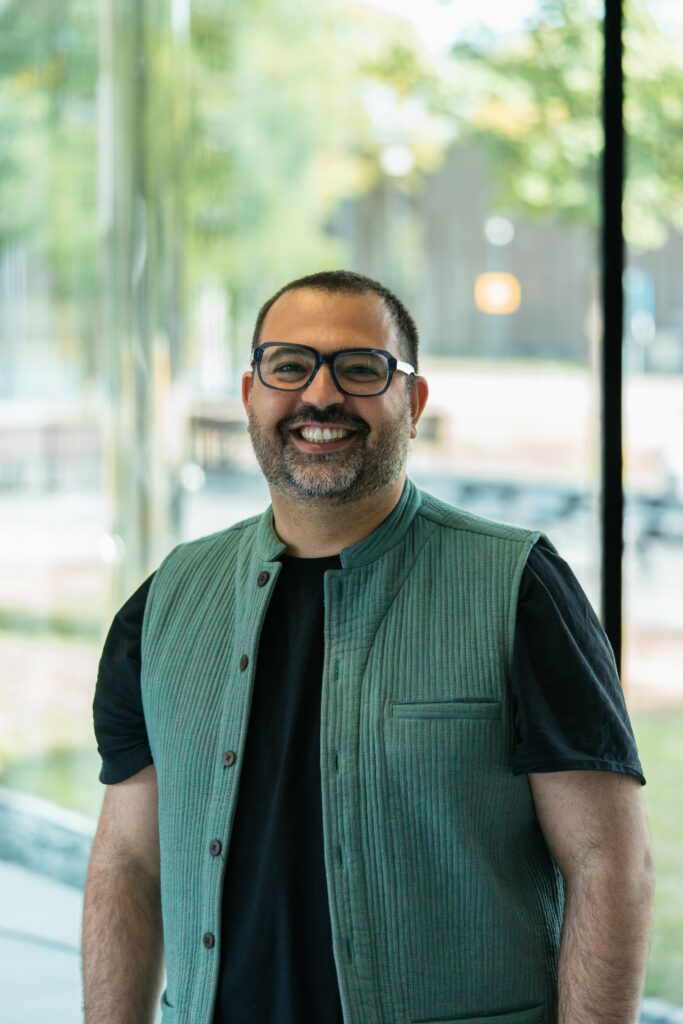
Assistant Professor
Utrecht University
About Pooyan
Pooyan Tamimi Arab is an assistant professor at the Department of Philosophy and Religious Studies and a member of the Utrecht Young Academy and De Jonge Akademie. He combines social scientific approaches to religious studies with political philosophy to think about normative concepts such as religious tolerance, neutrality, and public reason. Tamimi Arab received a Veni-grant for a study of Islam and contested visual culture in 2018 and takes part in the broader research project “Religious Matters in an Entangled World: Things, Food, Bodies, and Texts as Entry Points to the Material Study of Religion in Plural Settings.” Tamimi Arab likes to hang out with quirky people and generally loves the tentacular approach to learning. In recent years he rekindled his passion for numbers by dabbling in statistical approaches to measuring religiosity, for which he was awarded a KNAW Early Career Partnership grant in 2021. A longstanding interest in the philosophy of Benedictus de Spinoza brings some order to his thinking by joining a naturalistic worldview with the humanities’ interpretive understanding of religion and politics.
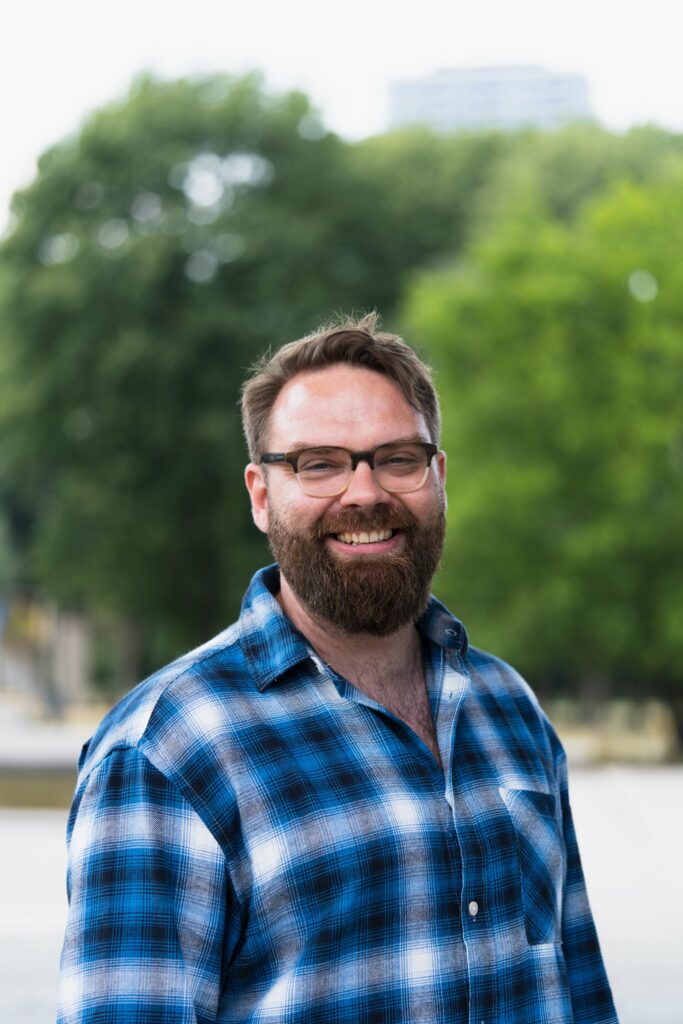
Assistant Professor
Eindhoven University of Technology
About Max
Max Birk works on the intersection of computer science, psychology, and game design at the Department of Industrial Design at Eindhoven University of Technology. In his research, he develops games to experimentally investigate motivation, individual differences, and player experience. He applies his work to challenges in game design, and the development of interventions and assessment paradigms for physical and mental health. His work on avatar customization as a motivational design strategy for improving engagement with technology-enabled services for health received the Canadian Governor General’s Gold Medal for outstanding scholastic achievements. His current research on game-based digital biomarkers for stress is funded by a NWO Veni grant, and allows Max to combine his passion for stress research, game development, and assessment strategies. Max is an avid gamer, he enjoys travel, hip hop, and street art.
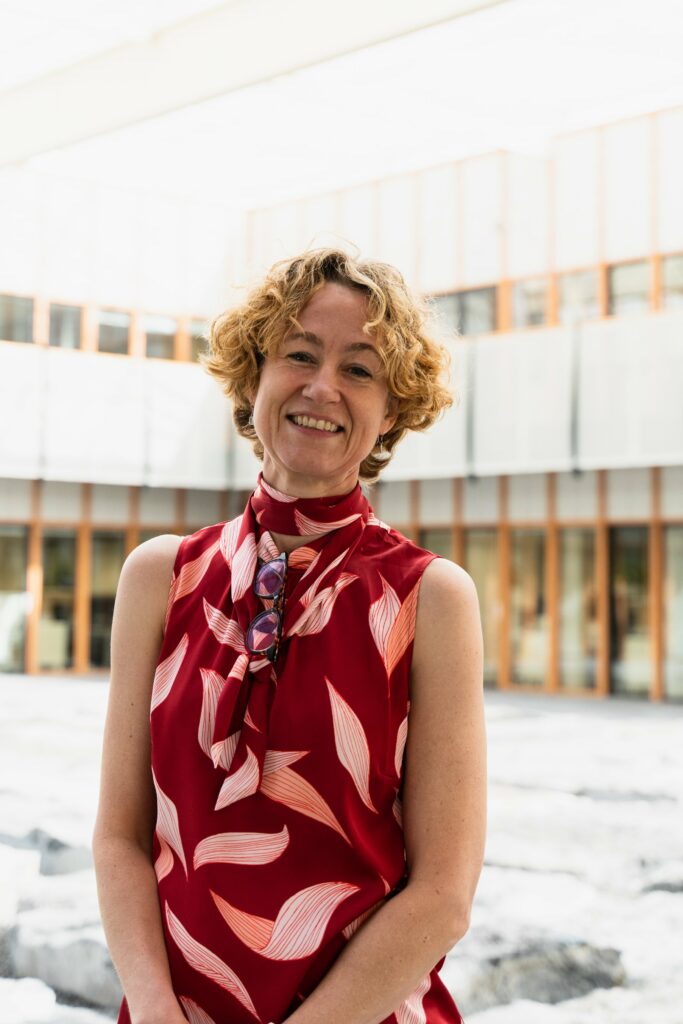
Associate Professor
UMC Utrecht
About Marianne
Marianne Boes performed PhD research at Massachusetts Institute of Technology, and thereafter moved to Harvard Medical School for postdoctoral research. In 2003 she started her own independent research laboratory at Brigham and Women’s Hospital, financed in part by an NWO Veni grant and a large NIH-RO1 grant that was awarded to her. Since 2008 she heads the pediatric immunology laboratory in the Wilhelmina Children’s Hospital at UMC-Utrecht. Her research explores mechanisms that drive immune recognition in human disease, using an interdisciplinary approach and usually in collaboration with clinical scientists. Cancer is one example of diseases she works on that moreover touch on many aspects of immune recognition. Her premise is that many diseases have an inflammatory component to them that may be treatable by immune response modification. Besides serving as supervisor for the PhD students in her team, Marianne currently serves as chair of the UMCU-Young Academy and is faculty member of the Education Committee Life Sciences for the faculty of medicine. She is course coordinator of the Advanced Immunology Course at UMC-Utrecht. She thoroughly enjoys to meet and learn from researchers and societal partners in different fields.
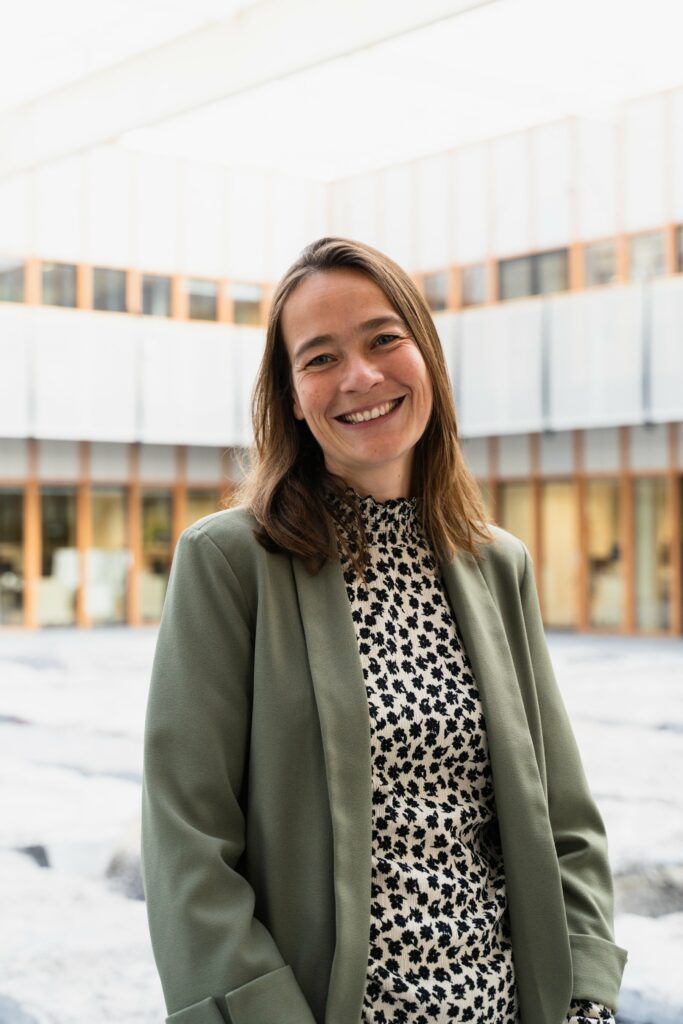
Associate Professor
Wageningen University & Research
About Sylvia
Sylvia Brugman’s passion is the complex cross talk between the host and the intestinal microbiota. After a PhD at the UMCG and two postdoc periods at the Erasmus MC and WKZ-UMCU, Sylvia is now an associate professor at the Host Microbe Interactomics Group at Wageningen University and Research. In her research Sylvia makes use of the zebrafish as a model organism. Excitingly, in zebrafish you can follow immune cells and microbes in vivo live under the microscope. At Wageningen University and Research, Sylvia and her team study feed/food-induced inflammation (NWO-TTW) and fundamental processes underlying host control of pathobiont species in the intestines (NWO-ENW). Sylvia loves to connect people and feels ‘like a fish in the water’ at CUCo. In her spare time, Sylvia loves to watch and photograph birds and dragonflies all over the world.
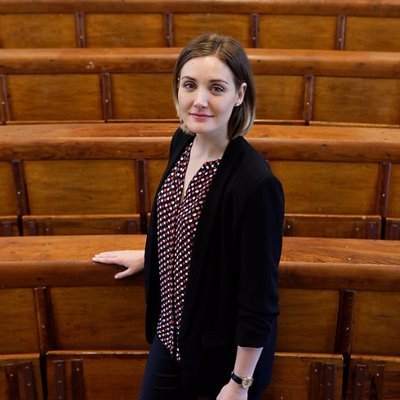
Associate Professor
Wageningen University & Research
About Jessica
Jessica Duncan is a researcher and educator committed to social justice. After completing her PhD in Food Policy from City University London (2014), Jessica moved to the Netherlands where she now works as Associate Professor in Rural Sociology at Wageningen University. Jessica is widely recognised for her expertise on the politics of sustainable food system transition. Her main research focus concerns the practices and politics of participation in food policy processes, particularly the relationships (formal and non-formal) between governance organizations, systems of food provisioning, the environment, and the actors engaged in and across these spaces. More specifically, she maps the diverse ways that actors participate in policy-making processes, analysing how the resulting policies are shaped, implemented, challenged, and resisted, and she theorizes about what this means for socio-ecological transformation. Participation and engagement is at the core of her approach. Jessica is learning to play the piano. She is not very good.
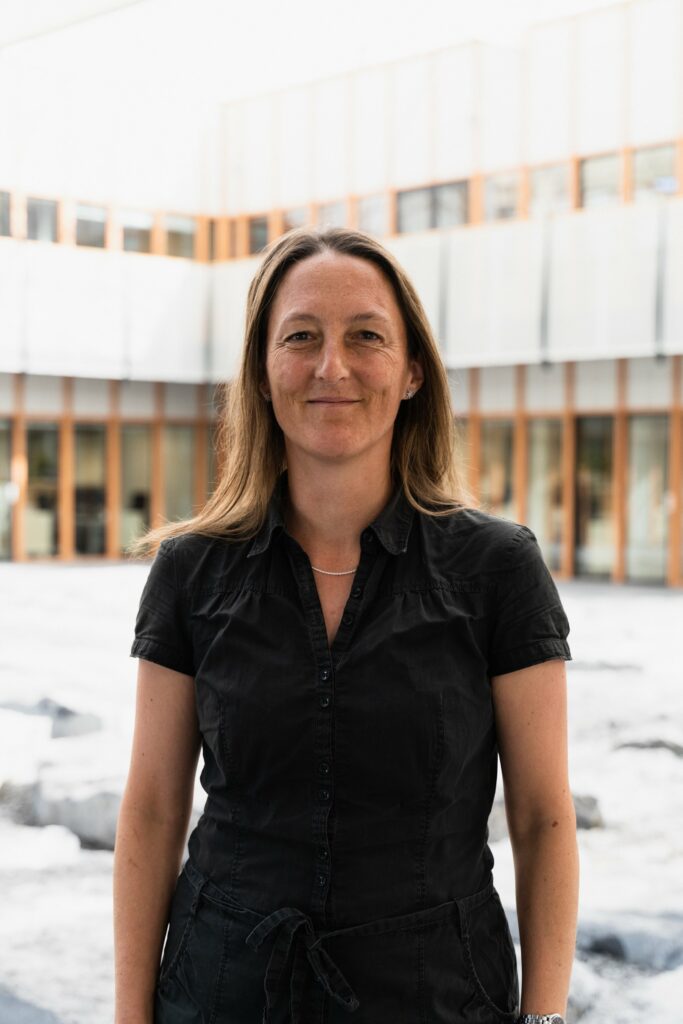
Associate Professor
Eindhoven University of Technology
About Sandra
Sandra Hofmann works on Bioengineering Bone at the Department of Biomedical Engineering and the Institute for Complex Molecular Systems at the Eindhoven University of Technology. This involves growing tiny living bone pieces from human cells in the laboratory. Such human cell-based, in vitro bone organoids can be used to investigate how cells interact with each other and with their environment to learn more about human bone health, disease and regeneration. Her current research work is supported by grants from the European Research Council, the Dutch Research Council and the Dutch Ministry of Education, Culture and Science. In education, she is equally interested in how input parameters will influence the outcome, although this often happens in a more empirical and intuitive fashion, trying to maximize enthusiasm on the topic under investigation. Communication and interaction are already challenging and complex at the cellular level; by becoming a CUCo board member, Sandra is eager to expand this knowledge to the human level.
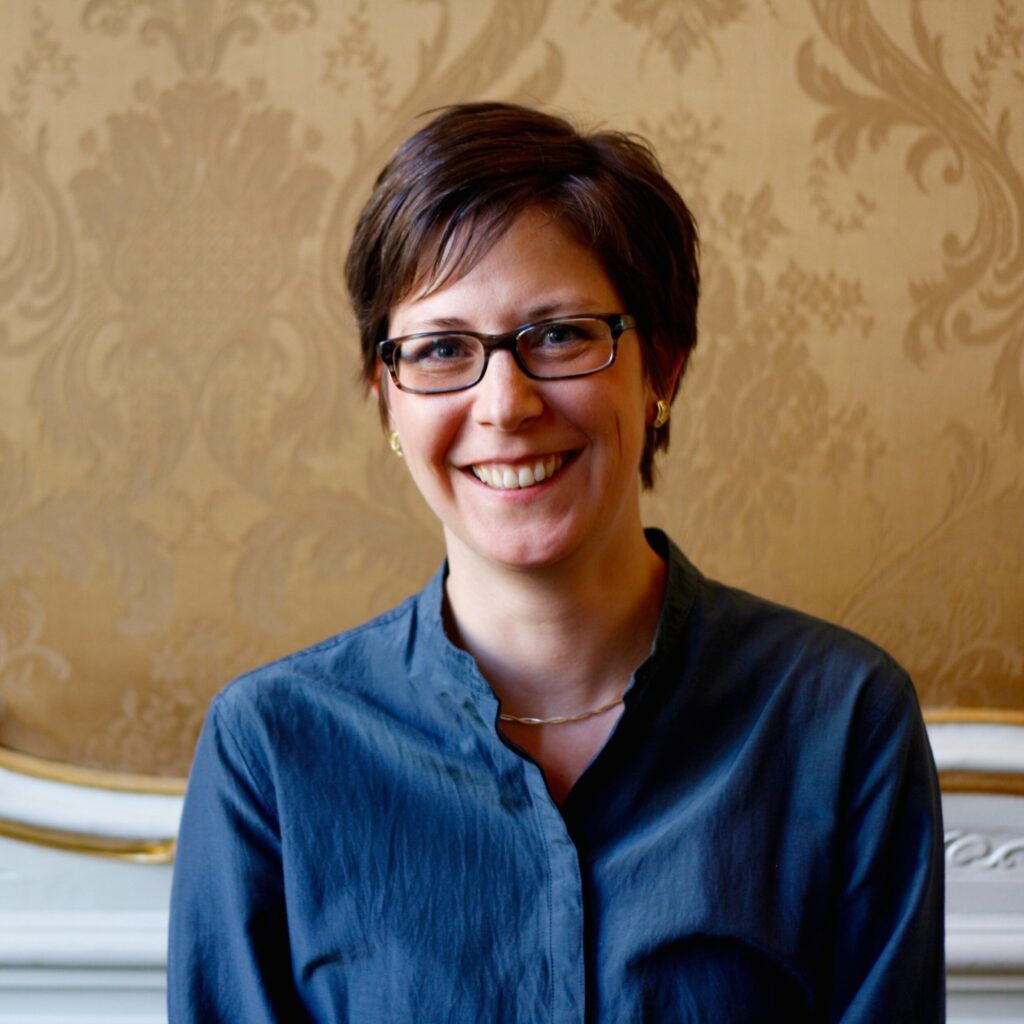
Associate Professor
Utrecht University
About Susanne
In her research, Susanne Knittel explores how societies remember the past, particularly when it comes to difficult and traumatic events such as war or genocide: How do certain memories become inscribed into the heritage of a country or region while others are suppressed or forgotten? And what role do cultural artefacts and practices play in processes of and debates around commemoration? While her past research focused on forgotten victims of the Holocaust, she is currently studying how perpetrators of genocide and mass violence are represented in culture, the media, in scholarship and in political and public discourse to understand better how societies deal with questions of guilt, complicity, and responsibility. Interdisciplinarity is at the core of her research and her teaching. She has developed highly innovative courses that revolve around the idea of “traveling concepts” and is currently pioneering an interdisciplinary research and teaching project on deep time, memory, and the Anthropocene. When she isn’t reading novels, Susanne sings, especially early music and opera.
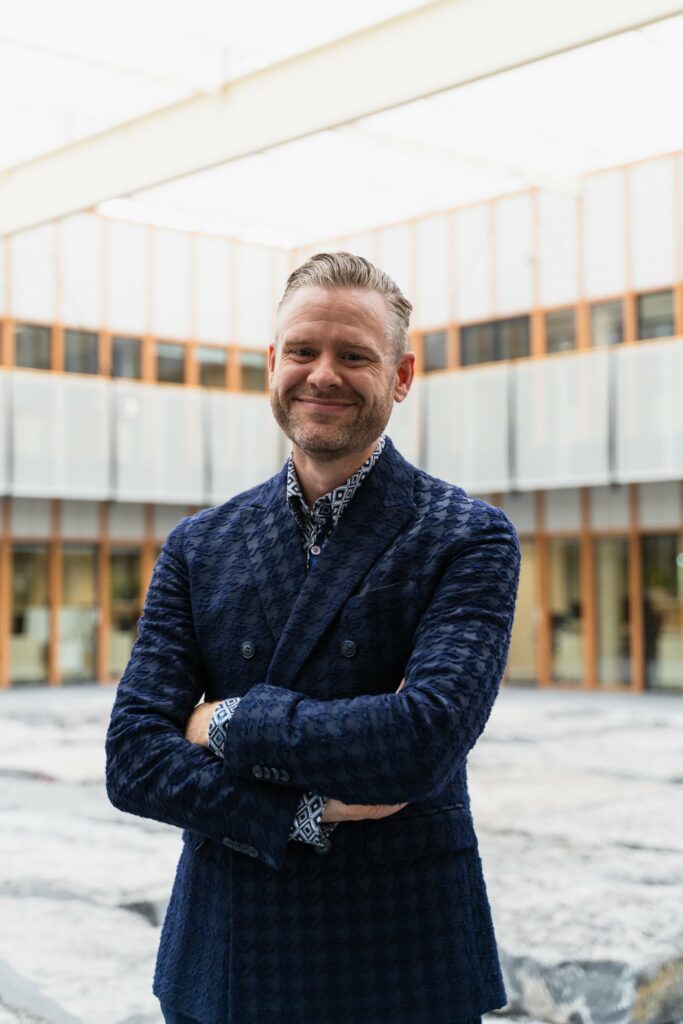
Associate Professor
Eindhoven University of Technology
About Daniël
Daniel Lakens is an experimental psychologist working at the Human-Technology Interaction group at Eindhoven University of Technology. In addition to his empirical work in cognitive and social psychology, he works actively on improving research methods and statistical inferences, and has published on the importance of replication research, sequential analyses and equivalence testing, and frequentist statistics. He was involved in establishing dedicated grants for replication studies by the Dutch science funder NWO, and co-edited the first special issue on Registered Reports in psychology in 2014. His lab is funded until 2022 by a VIDI grant on a project that aims to improve the reliability and efficiency of psychological science. He teaches about better research practices on Coursera, and received the Leamer-Rosenthal Prize for Open Social Science in 2017 for his course ‘Improving Your Statistical Inferences’ in which more than 45.000 learners have enrolled.
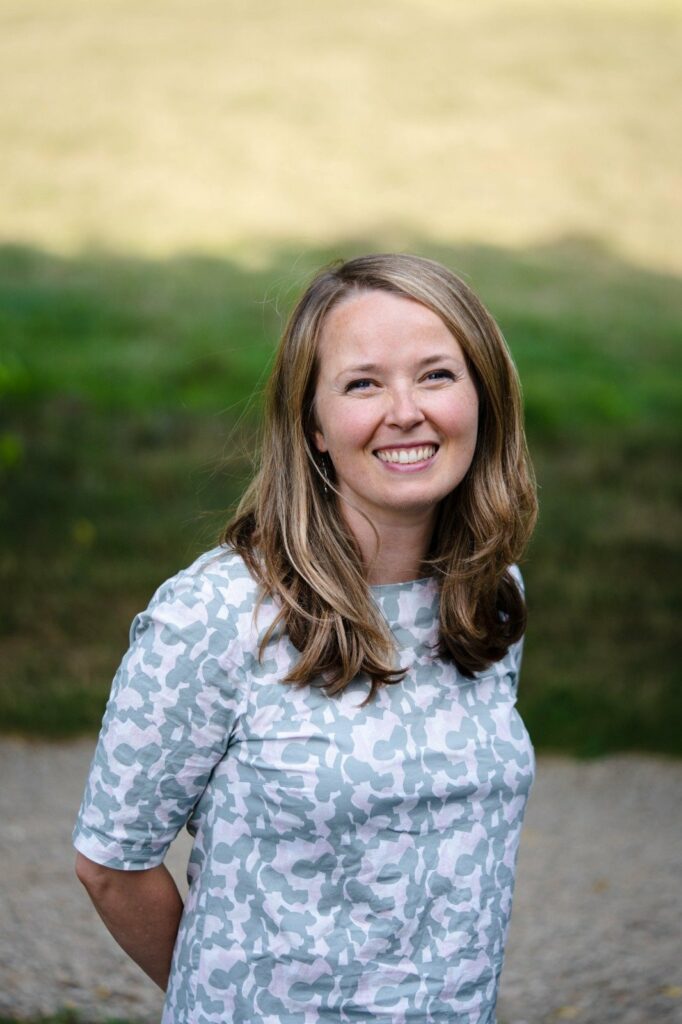
Associate Professor
Wageningen University & Research
About Meghann
Meghann Ormond is Associate Professor in Cultural Geography at Wageningen University & Research. Deeply invested in and concerned with how differently mobile people’s roots, rights and vulnerabilities are recognised and included in the places they visit and in which they live, her work focuses on how shifting visions and practices of citizenship and belonging impact transnational mobility, heritage, health and care relationships. Meghann places great emphasis on societal engagement beyond the realm of academia. She regularly develops and supports initiatives together with non-governmental organisations, policymakers and industry actors on issues related to migrant heritage, health equity and accessible tourism. The author of over 35 peer-reviewed publications as well as curator and co-founder of initiatives like Roots Guide and Migrantour Utrecht, Meghann also tries her best to bring about a more humane kind of university in which people of diverse backgrounds can learn from one another and thrive. In light of this, she is co-founder and co-coordinator of the CSPS Transformative Learning Hub at WUR, a member of the Wageningen Young Academy, and a co-developer of Centre for Unusual Collaboration (CUCo)’s interdisciplinary research training programme. She also teaches on and coordinates MSc and PhD-level courses in the philosophy of social science and (transformative and participatory) qualitative research methods.
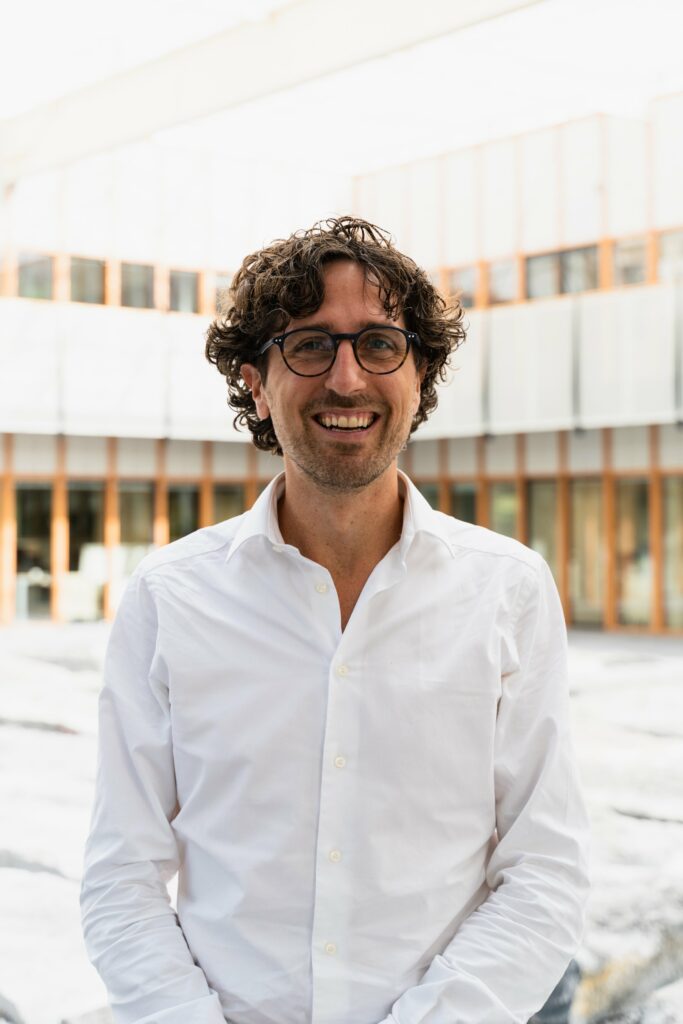
Associate Professor
Eindhoven University of Technology
About Daniel
Daniel Tetteroo is an assistant professor at the department of Industrial Design at Eindhoven University of Technology. His interests are amongst others in designing for rehabilitation & healthy living, end-user adaptable systems, internet of things, playful interaction, and communities. He is currently leading the Health squad at Industrial Design and is a member of the Eindhoven Young Academy of Engineers. With a background in Computer Science, Human Media Interaction and User System Interaction, his work is at the crossroads of behavioral and computer science. Daniel holds a PhD in Industrial Design from Eindhoven University of Technology, and has worked as visiting researcher at the L3D lab of Colorado University at Boulder. Beyond academic experience, Daniel has gained industrial experience working as UX consultant at Alten. He is also co-founder and CFO of Picoo, a start-up developing a game console for active outdoor play. Both professionally and at home, Daniel enjoys growing and creating ideas, things and plants.
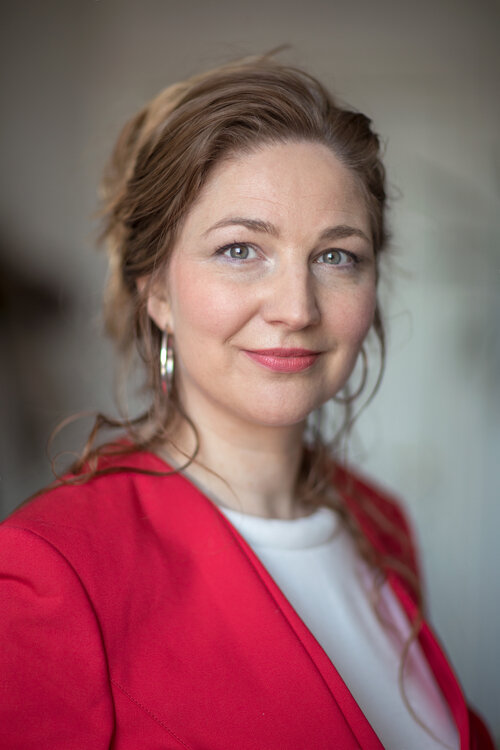
Associate Professor
Utrecht University
About Martine
Martine Veldhuizen is Assistant Professor at the Department of Languages, Literature and Communication at Utrecht University and was the chair of the Utrecht Young Academy from 2020 until 2022. She is fascinated by the power of words in historical perspective and has published on premodern perceptions of speech in the Low Countries in European context from a legal, ecclesiastical and secular-ethical perspective (1300 -1550). She taught and designed courses on various subjects of cultural and literary history at Utrecht University, William & Mary College, University of California Los Angeles (UCLA), University of Amsterdam and Radboud University. Martine was awarded the Gerard Brom CRM Humanities Grant at Radboud University, a grant of Fonds Doctor Catharine van Tussenbroek for research at the Huntington Library (USA) and a fellowship at the Institute for Advanced Studies in the Humanities at the University of Edinburgh. The history of free speech is currently her focus, mainly after the invention of the printing press (1450-1500). She holds a 3-year grant of The Netherlands Organisation for Scientific Research (NWO Veni), of which the project title is ‘Truth-tellers: The Mentality behind Subversive Speech Behaviour in Narratives in the First Printed books in Dutch’. She also received a NWO Internationalisation Grant to set up the research network Free speech in Europe 1400-1750 with partner institutions in Belgium and the United Kingdom.
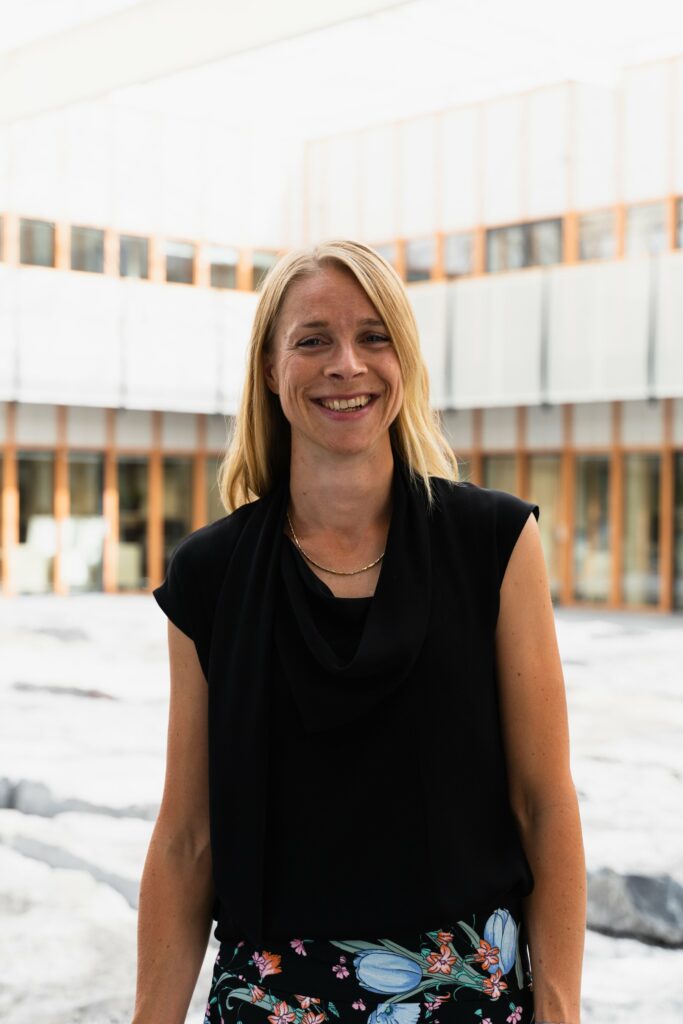
Associate Professor
UMC Utrecht
About Jannie
Jannie Wijnen works in the High Field Magnetic Resonance research group within the Centre for Image Sciences of the UMCU. She is leading the MR Spectroscopy team that focuses on developing novel metabolic imaging techniques and studying metabolism in the human body and brain in various diseases. Her personal goal is to use metabolic imaging in the diagnosis and treatment planning of children with metabolic disorders and cancer. Enabling the study of tissue metabolism directly in the patient will lead to better understanding of the disease in the individual patient and can therefore faster translate to a change in treatment planning, to better help the patient. Currently she is exploring new means to increase speed and robustness of metabolic imaging. Her work has been funded by both personal and consortium grants, amongst them NWO-Veni, KWF and the European Research Council Eurostars!, the latter also involves various (international) industrial partners.